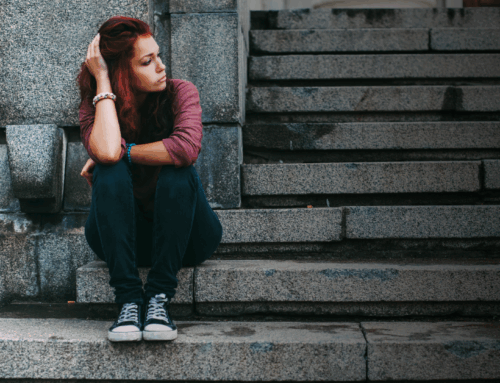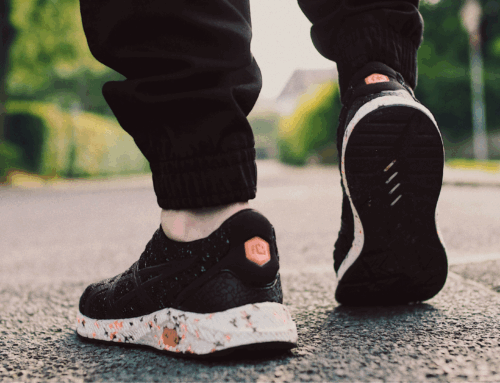Reproductive hormones that develop during puberty are not responsible for changes in social behavior that occur during adolescence, according to the results of a newly published study by a University at Buffalo researcher.
“Changes in social behavior during adolescence appear to be independent of pubertal hormones. They are not triggered by puberty, so we can’t blame the hormones,” says Matthew Paul, an assistant professor in UB’s Department of Psychology and lead author of the groundbreaking paper recently published in the journal Current Biology.
Disentangling the adolescent changes that are triggered by puberty from those unrelated to puberty is difficult because puberty and adolescence occur simultaneously, but Paul and his collaborators have found a way to tease out the two using a seasonal-breeding animal model.
“Puberty and adolescence are happening at the same time. So if you want to know if one causes the other, one of the elements must be moved. We have no way of doing that in a human, but we have found a way to do it using Siberian hamsters,” says Paul.
His new model, explained in the study with co-authors Clemens Probst, a scientist at Massachusetts General Hospital, Geert de Vries, a professor at Georgia State University, and Lauren Brown, a UB graduate student, provides a basic understanding that did not previously exist for what drives adolescent social development.
Adolescence is a critical period of development for individuals, notes Paul.
Complex thinking develops; many mental health disorders arise; and it is associated with the beginning of high-risk behaviors, like drug use. For social behavior, it is a time when the focus of children’s social relationships shifts from the family to peers. In other words, they stop wanting to hang out with mom and dad. It has been widely assumed that these changes can be attributed to increases in gonadal hormones at puberty.
– ScienceDaily
Read more: Don’t Blame Adolescent Social Behavior on Hormones
Image source – Flickr.com







Leave A Comment